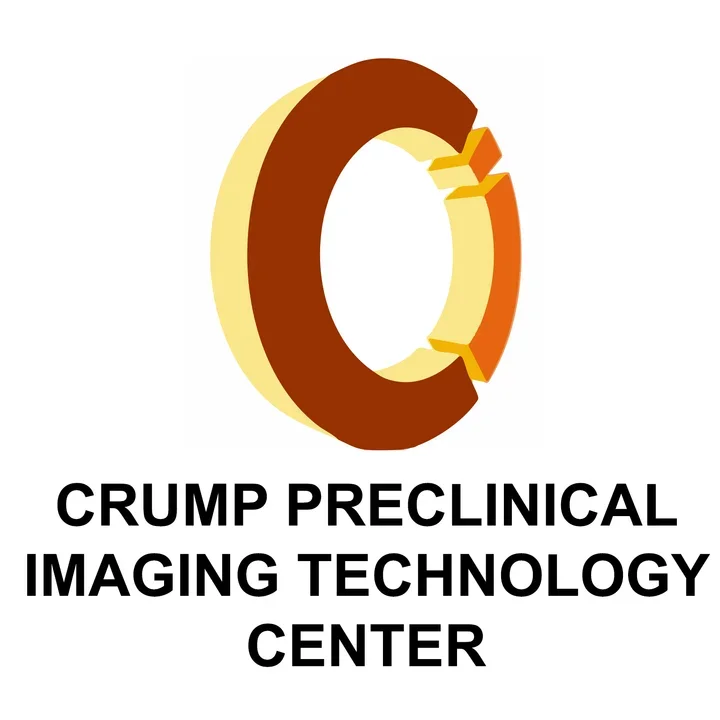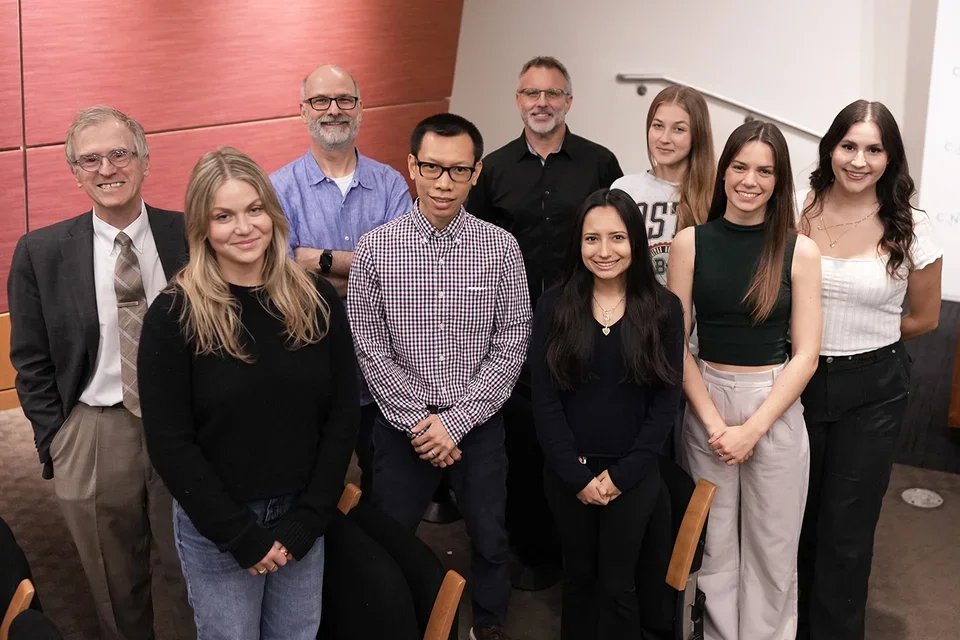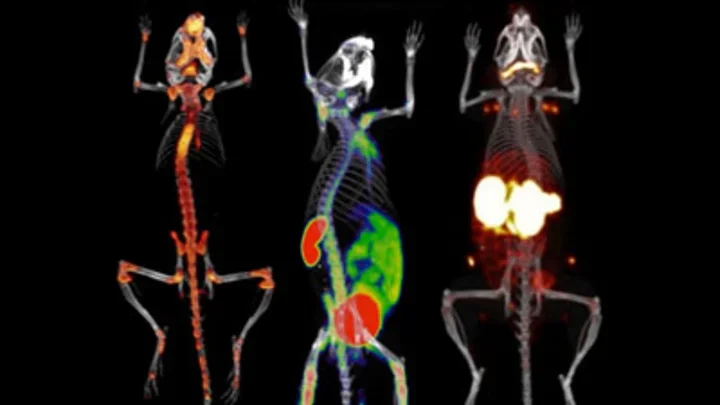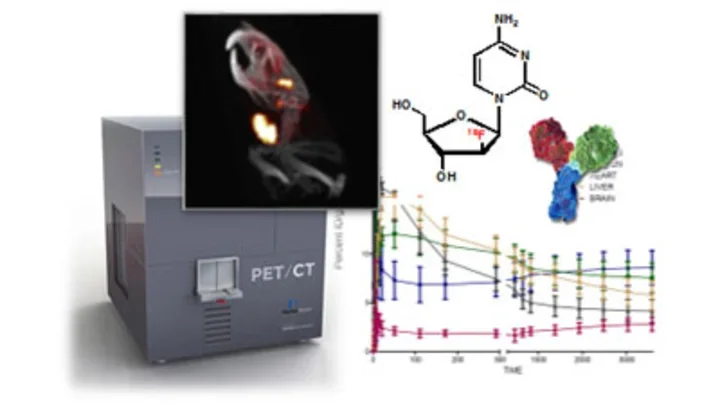Crump Preclinical Imaging Technology Center


From the Director
Welcome to the UCLA Crump Preclinical Imaging Technology Center! We offer cutting edge facilities and advanced strategies for small animal imaging. Our research team specializes in developing and implementing state-of-the-art 𝘪𝘯 𝘷𝘪𝘷𝘰 molecular imaging techniques to non-invasively study a wide range of biological events, disease initiation and progression, cell trafficking, biodistribution of small- and macro-molecules, pharmacodynamics and pharmacokinetics, and the development of radiopharmaceuticals. At our center, we firmly believe that seeing 𝘐𝘕 𝘝𝘐𝘝𝘖 is believing!
About the Director
Dr. Shili Xu is an Associate Professor at UCLA's Department of Molecular & Medical Pharmacology. He holds dual Bachelor's degrees - a B.S. in Biological Sciences and a B.S. in Economics - from Peking University (China). His research expertise lies in molecular imaging, cellular metabolism, medicinal chemistry, and cancer radiopharmaceuticals. He earned his Ph.D. from the University of Southern California, focusing on anti-cancer drug design and discovery. As a post-doctoral fellow with Dr. Harvey Herschman at UCLA, he focused on cancer metabolism and in vivo molecular imaging. Dr. Xu's current research centers on in vivo molecular imaging and radiopharmaceutical development, benefiting from his comprehensive knowledge in biology, cancer hallmarks, and medicinal chemistry.
Acknowledgements
- For all users, please acknowledge supports and assistance from faculty and staff in the UCLA Crump Preclincial Imaging Technology Center.
- For JCCC members, please also acknowledge NIH Cancer Center Support Grant (2 P30 CA016042-44).
- For GNEXT PET/CT scanner users, please also acknowledge NIH S10 Shared Instrumentation for Animal Research Grant (1 S10 OD026917-01A1).
- For projects that involve radiochemistry service, please acknowledge support and assistance from the faculty and staff in the UCLA Crump Cyclotron and Radiochemistry Technology Center, and acknowledge funding support from the NIH Shared Instrumentation Grant (S10 OD026942).



